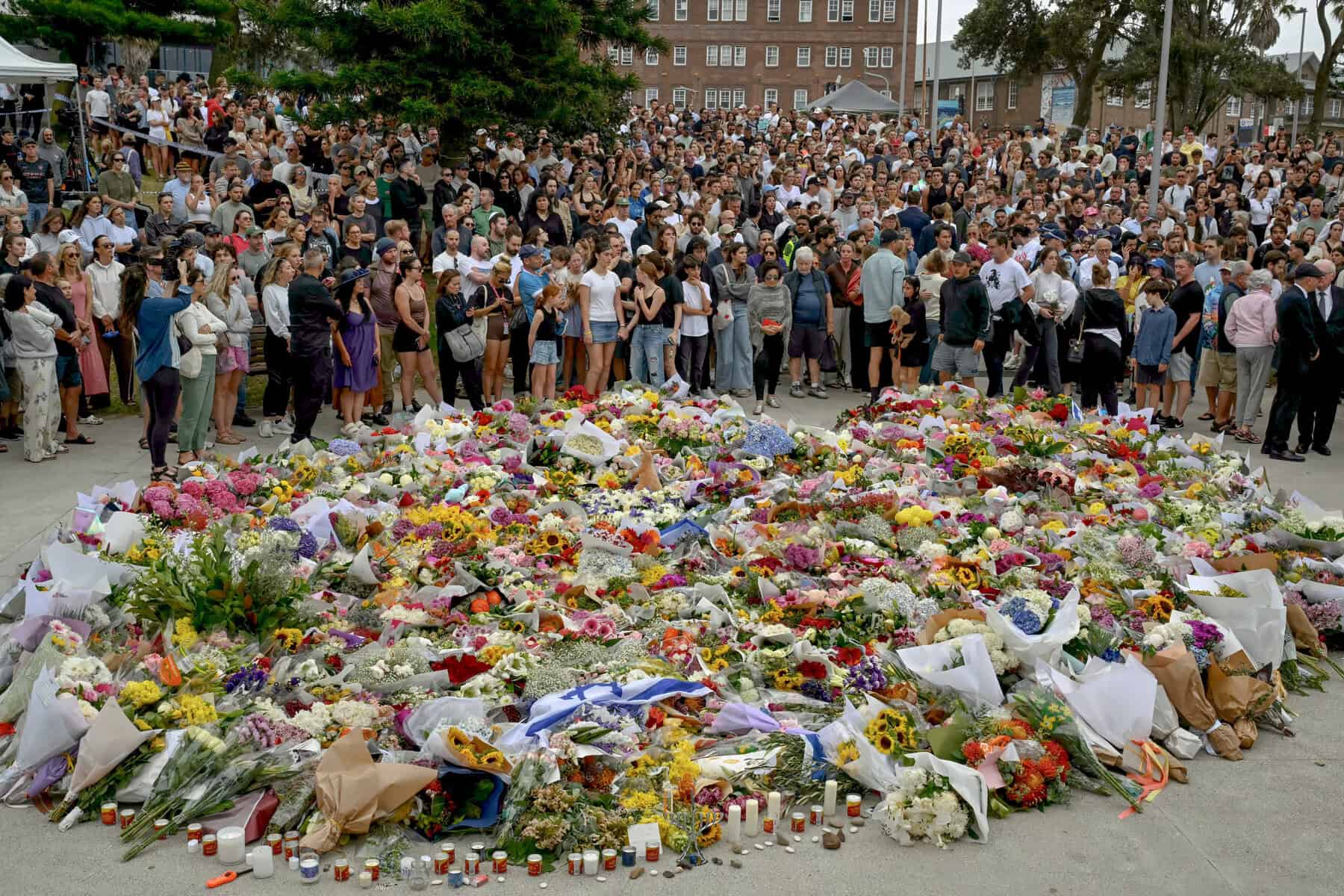The situation has exposed intelligence flaws at the highest levels of the greatest military power the world has yet seen, shattering the credibility of a geriatric commander-in-chief.

Military intelligence is an oft-cited oxymoron but America’s hasty withdrawal from Afghanistan is no laughing matter.
It has exposed intelligence flaws at the highest levels of the greatest military power the world has yet seen, shattering the credibility of a geriatric commander-in-chief.
At a July White House briefing, President Joe Biden said: “The likelihood there’s going to be the Taliban overrunning everything and owning the whole country is highly unlikely.”
Wrong.
At the same briefing, when a reporter drew comparisons to America’s shambolic 1975 exit from Vietnam, Biden replied: “There’s going to be no circumstance where you see people being lifted off the roof of an embassy … It is not at all comparable.”
ALSO READ: Vietnam War: It’s time to count wasted lives
Now, Kabul has its own iconic images, comparable to those from Saigon. Large numbers of desperate people trying to cling to a departing US plane, for example.
Biden was also mistaken last month when he pooh-poohed a Taliban takeover because 300 000 Afghan troops were better than 75 000 Taliban.
“I trust the capacity of the Afghan military, which is better trained, better equipped and more competent in terms of conducting war.”
Trust misplaced. The Afghan army melted away.
US intelligence services, active in Afghanistan for decades, misread the situation.
In July, Biden said military commanders had advised him “we needed to move swiftly to conduct the main elements of the drawdown. And in this context, speed is safety.” Bad advice.
Speed was not safety in this context. The speed of the US withdrawal disheartened the Afghan army and emboldened the Taliban advance on Kabul.
Instead of taking three months to reach the capital, they were there in days. As of Monday night, the US was sending 7 000 troops to stabilise an extraction operation which was initially aimed at the withdrawal of 2 500 troops. Intelligence indeed.
Scottish poet Robbie Burns long ago warned that the best laid plans of mice and men often go hopelessly awry.
When planning is based on poor intelligence, chaos is more likely. With hindsight, the US should have properly secured Kabul airport beforehand.
But there was little evidence of intelligence-driven planning. After his January inauguration, Biden told world leaders, “America is back”.
Today, that sounds hollow on an international stage where American security guarantees cannot be relied upon.
Chaos in Kabul bolsters America’s geopolitical and ideological rivals, Russia and China, fitting their narrative that the US is in decline.
It is plain that democratic values cherished in “the land of the free and the home of the brave” are not easily transplanted to this forbidding country, where empires ancient and modern have failed to conquer warring tribes.
ALSO READ: Taliban race closer to complete Afghan takeover after capturing major cities
Biden now says America accomplished its goals in Afghanistan by killing Osama Bin Laden and minimising terror threats after the 2001 attacks on the US.
Indeed, the US has no business remaining indefinitely in Afghanistan. Yet there is a sense of failure, not only because of a poorly planned exit.
Alleged threats 20 years ago to “bomb Afghanistan back to the Stone Age” now sit uncomfortably as an outdated, misogynist patriarchy closes in on Afghani women and girls.
They may have thought America offered them hope. Alas.
Support Local Journalism
Add The Citizen as a Preferred Source on Google and follow us on Google News to see more of our trusted reporting in Google News and Top Stories.






